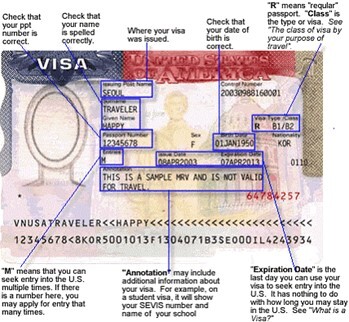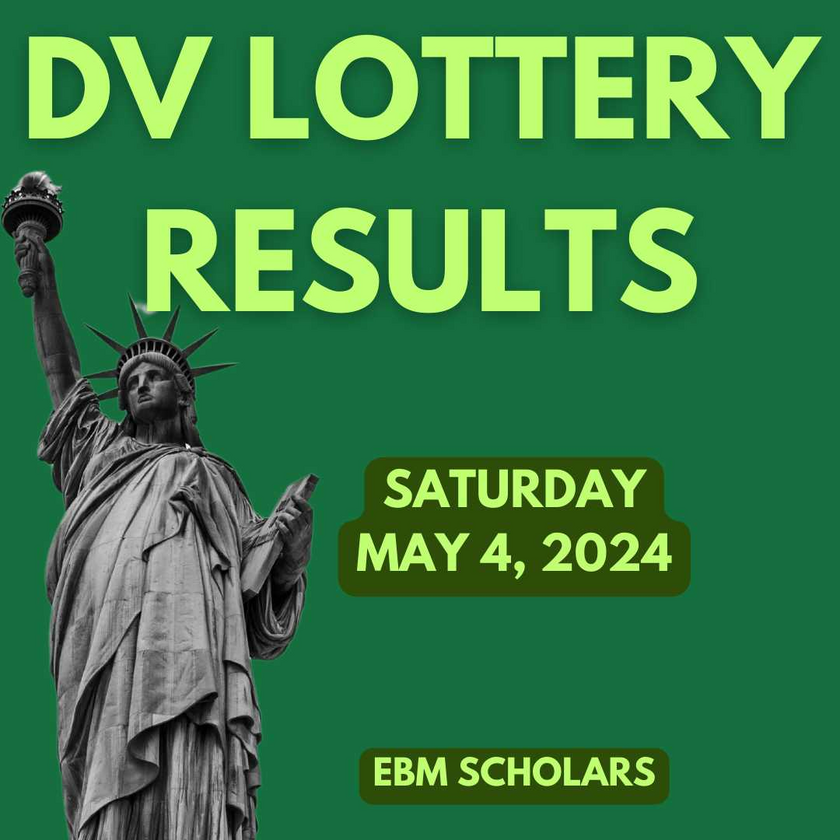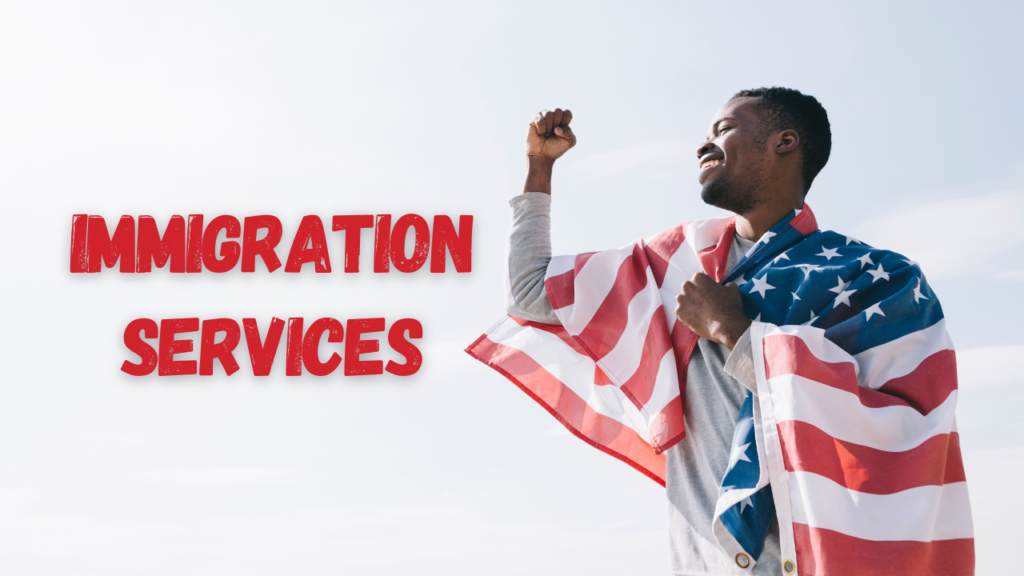
In the realm of international travel, a visa is an essential document that dictates who can enter a particular country and under what circumstances. While many travelers may assume that securing a visa guarantees entry, the reality is far more nuanced. For those planning to visit the United States, understanding what a visa is, how it functions, and what limitations it entails is critical to a smooth and successful journey.
Understanding the Term "Visa"
The term "visa" is often misinterpreted as an acronym, with individuals suggesting meanings such as Verified International Stay Approval or Virtual Important Stamp Authorization. However, the word "visa" is not an acronym at all; rather, it is a noun that refers to a government-issued document permitting a foreign national to enter and stay in a particular country for a specified purpose and duration.
A visa is typically issued in the form of a stamp or sticker placed in a traveler’s passport. This document grants permission to travel to the issuing country and seek entry under specific conditions. However, it is important to note that possessing a visa does not guarantee entry. Immigration officials at the border have the authority to approve or deny admission upon arrival.
Purpose of a Visa
Visas serve as a means for countries to regulate the entry of foreign nationals into their territories. Each visa is granted for a particular purpose, which can range from tourism and business to employment, education, or even permanent migration. The type of visa an individual requires depends on the purpose of their visit and the duration of their intended stay.
Common visa categories include:
Tourist Visa – For those visiting the United States temporarily for leisure, sightseeing, or family visits.
Business Visa – For individuals attending business meetings, conferences, or negotiations.
Student Visa – For international students pursuing education in the U.S.
Work Visa – For professionals who have secured employment in the United States.
Immigrant Visa – For those seeking to permanently relocate to the U.S.
Who Issues a Visa?
A visa is issued by the government of the country the traveler intends to visit. In the case of the United States, visas are granted by the U.S. Department of State through U.S. embassies and consulates around the world. It is important to understand that visas are not issued by the traveler’s home country; instead, they are granted by the country of destination.
Many travelers confuse passports and visas, assuming they serve the same function. However, these two documents have distinct roles:
A passport is an official travel document issued by a person's home country, certifying their identity and nationality. It allows them to travel internationally and return to their home country.
A visa is a document issued by the country being visited, granting permission to enter and stay for a specified duration and purpose.
A Visa Is Not a Permanent Solution
A common misconception is that obtaining a visa is a pathway to permanent residency or citizenship. However, visas are generally temporary and granted for specific purposes. Individuals seeking to live permanently in the United States must apply for permanent residency (commonly referred to as a Green Card) or pursue citizenship through the naturalization process.
What is a U.S. Visa?
A U.S. visa is an official travel document that allows a foreign national to seek entry into the United States. The visa is typically placed inside the traveler’s passport and signifies that a U.S. consular officer has reviewed the applicant’s qualifications and determined they are eligible to apply for entry into the country.
However, certain travelers may qualify for entry under the Visa Waiver Program (VWP), which permits citizens of designated countries to visit the U.S. for up to 90 days without obtaining a visa. This program is primarily for tourism and business purposes and requires travelers to apply through the Electronic System for Travel Authorization (ESTA) before their journey.
How Does a Visa Work at the U.S. Border?
Possessing a U.S. visa allows a traveler to approach a U.S. port of entry—whether an airport, land border crossing, or seaport—and request permission to enter the country. The final decision, however, rests with the Department of Homeland Security (DHS) and Customs and Border Protection (CBP) officers stationed at these entry points.
While the visa demonstrates that a U.S. consular officer has deemed the traveler eligible to seek entry, CBP officers have the authority to determine the individual’s admissibility based on various factors, including the purpose of their visit and compliance with U.S. immigration laws. If admitted, the traveler is granted a specific status and period of stay, which is recorded in the I-94 Arrival/Departure Record.
The Role of the Department of Homeland Security (DHS)
Once inside the United States, travelers are subject to the regulations of the Department of Homeland Security, which oversees immigration matters. The DHS ensures that individuals abide by the terms of their visas and do not overstay their permitted durations. Violating the terms of a visa can lead to serious consequences, including future visa denials or deportation.
The Complexity of U.S. Visa Policies
The United States has one of the most complex visa systems in the world, with stringent application processes, eligibility criteria, and security screenings. Each visa type has specific requirements, and applicants must provide supporting documentation to demonstrate their eligibility. For instance:
Tourist visa applicants must prove they have strong ties to their home country, such as employment, property ownership, or family obligations, to ensure they will return after their visit.
Student visa applicants must provide proof of admission to a U.S. educational institution and evidence of sufficient financial support.
Work visa applicants must obtain sponsorship from a U.S. employer and meet labor certification requirements.
Visa Denials and Refusals
Not all visa applications are approved. The U.S. government reserves the right to deny visas based on factors such as incomplete documentation, suspicion of intent to overstay, or past immigration violations. Common reasons for visa denials include:
Lack of sufficient ties to the home country
Failure to provide required financial evidence
Misrepresentation or false information on the application
Previous visa violations or criminal history
Conclusion
Understanding what a U.S. visa is and how it functions is crucial for anyone planning to travel to the United States. A visa is a key element in international travel, serving as a gateway to entry but not a guaranteed ticket. Navigating the visa application process requires careful preparation, adherence to guidelines, and awareness of the responsibilities that come with holding a visa.
The next chapters will delve deeper into specific visiting B1 and B2 visas, application procedures, and strategies for increasing the likelihood of approval, ensuring that readers are well-equipped to pursue their American travel aspirations with confidence.

DV LOTTERY RESULTS .....LOADING
When: SATURDAY, MAY 4, 2024
How to check results
Go to www.dvprogram.state.gov
Then Enter the following information to see the results
1. Last name (Only)
2. Confirmation Number
3. Year of birth
ALL THE BEST EVERYONE
Why Watch This Video?
Injuries, illnesses, and the inevitable march towards retirement can pose significant risks to your income stability. However, with the right planning and strategies, you can safeguard your financial future, ensuring that you never miss a paycheck, even in uncertain times. This video is designed to provide you with expert insights and practical steps to protect your income and plan for a comfortable retirement in America.
What You'll Learn:
Understanding Income Protection: We break down the basics of income protection insurance and other financial tools that can keep the cash flowing even when you're unable to work.
Retirement Planning Made Simple: From 401(k)s to IRAs, we explore the various retirement accounts and strategies that can maximize your savings and ensure a comfortable retirement.
Overcoming Challenges: Insights into overcoming common obstacles that might stand in the way of effective income protection and retirement planning.
Expert Advice: Hear from financial ...
Join us on an insightful journey with a remarkable individual who made a bold transition from a high-paying career in nursing to the dynamic world of finance. Holding a Ph.D. in Nursing, our guest, Dr. Veronica (Dr. Vee) shares her compelling reasons for switching paths, diving into the intricacies of both fields and revealing what motivated her to embrace a new challenge in the financial sector.
Throughout this interview, we explore the unique skills and perspectives she brings from her nursing background to her current role as a financial professional. She discusses the unexpected parallels between nursing and finance, the rewards and challenges of each career, and offers advice for others contemplating a significant career change.
Whether you're in the healthcare industry, considering a shift to finance, or simply curious about the possibilities of reinventing your career path, this story is bound to inspire and enlighten you.
For those of you in the USA or Canada who are intrigued...
Ernest B Makulilo from EBM SCHOLARS for an in-depth webinar designed to guide you through the various pathways to immigrating and relocating to some of the most sought-after destinations in the world: the United States, Canada, Europe, and Australia. Whether you're seeking new opportunities, education, or a fresh start, this seminar will provide you with the knowledge and tools needed to navigate the complex process of relocation.
Throughout this comprehensive session, we will explore a range of topics tailored to help participants understand the intricacies of moving across borders for a better life. Here are the key areas we'll cover:
Relocating through the Green Card Lottery: Learn about the Diversity Visa Lottery program, eligibility criteria, application process, and tips to enhance your chances of winning.
Relocating through Education: Discover how pursuing higher education abroad can be a pathway to permanent residency. We'll discuss student visas, scholarships, application strategies, and ...
This webinar aims to equip immigrants and new Americans with the essential knowledge and tools to navigate the American financial system and effectively plan for their retirement. By addressing common missteps and providing practical advice, participants will be better prepared to achieve financial stability and secure their future in the United States.
Link to REGISTER and Attend the Webinar:
https://streamyard.com/watch/SGPkiXzjAvpx
Presenter: Ernest B Makulilo (EBM SCHOLARS), Missouri, USA
Presenters:
1. Ernest B Makulilo (EBM SCHOLARS) - Missouri, USA
2. Dr. Veronica Njwaba (Dr. Vee) - New York, USA
Topics Covered:
Introduction to the American Financial System
Understanding Credit Scores
Common Financial Mistakes Immigrants Make
Effective Budgeting Techniques
Navigating the U.S. Banking System
Introduction to U.S. Tax System
Homeownership in America
Health Insurance and Medical Expenses
Life Insurances
Understanding Compound Interest
Retirement Planning Basics
Financial ...
Steps
Open the website
WWW.DVPROGRAM.STATE.GOV
Enter
1. Last Name
2. Confirmation Number
3. Year of Birth
You will see one of the two results:
1. YOUR ENTRY HAS BEEN SELECTED which means YOU ARE THE WINNER OF THE DV LOTTERY
2. YOUR ENTRY HAS NOT BEEN SELECTED which means YOU ARE NOT THE WINNER, unfortunately.
NEXT DV LOTTERY APPLICATION IS IN OCTOBER 2024 which will be the DV2026 LOTTERY
If you become the winner, you can get in touch with the EBM SCHOLARS office through this link from our website https://ebmscholars.com/dvlotterywinners/
















